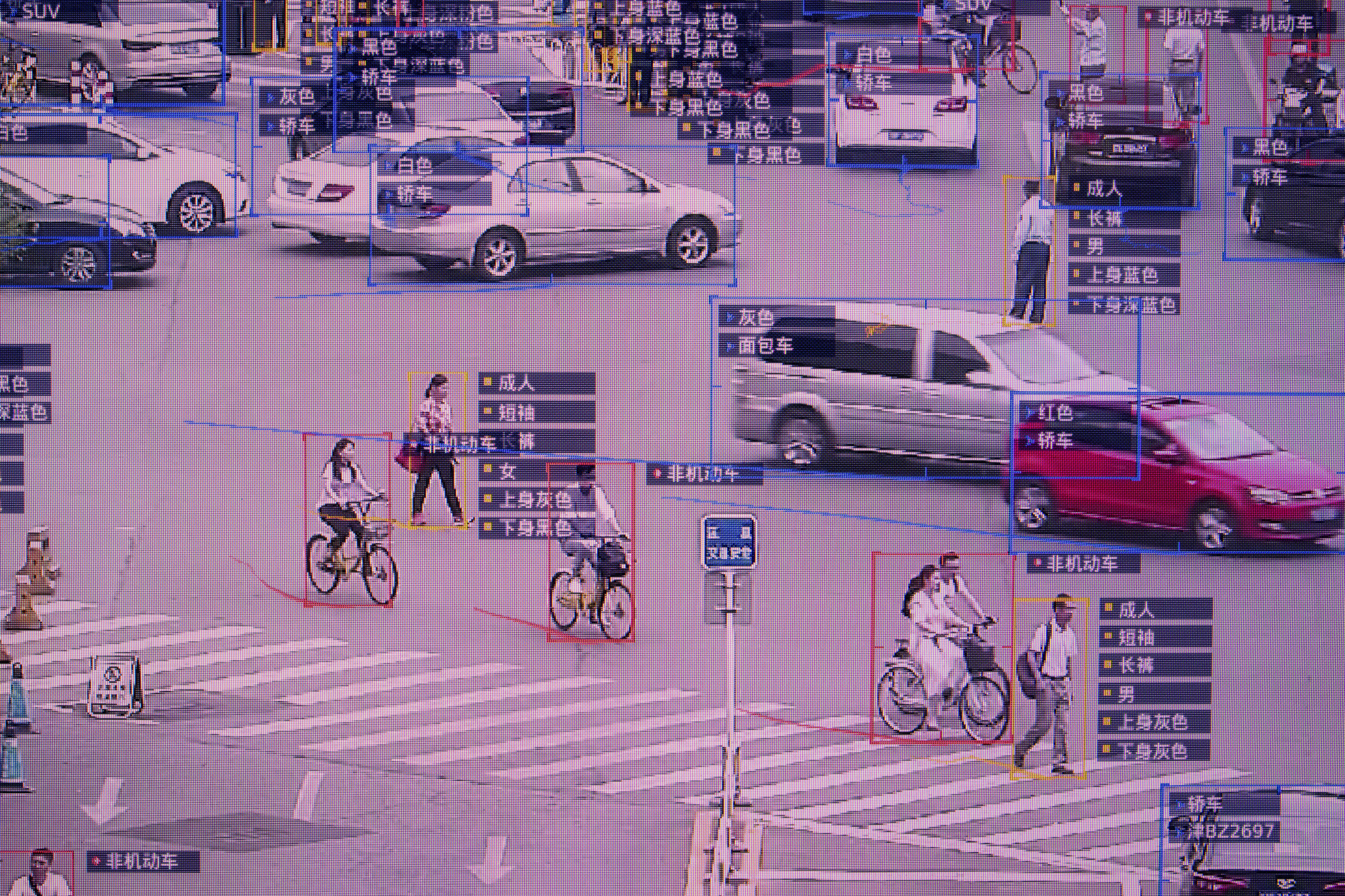On Oct. 31, Chinese teenagers reported to the Beijing Institute of Technology, one of the country's premier military research establishments. Selected from more than 5,000 applicants, Chinese authorities hope they will design a new generation of artificial intelligent weapons systems that could range from microscopic robots to computer worms, submarines, drones and tanks.
The program is a potent reminder of what could be the defining arms race of the century, as greater computing power and self-learning programs create new avenues for war and statecraft. It is an area in which technology may now be outstripping strategic, ethical and policy thinking — but also where the battle for raw human talent may be just as important as getting the computer hardware, software and programming right.
Consultancy PwC estimates that by 2030 artificial intelligence products and systems will contribute up to $15.7 trillion to the global economy, with China and the United States likely the two leading nations. But it is the potential military consequences that have governments most worried, fearful of falling behind — but also nervous that untested technology could bring new dangers.

















With your current subscription plan you can comment on stories. However, before writing your first comment, please create a display name in the Profile section of your subscriber account page.